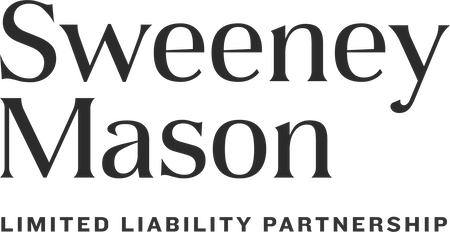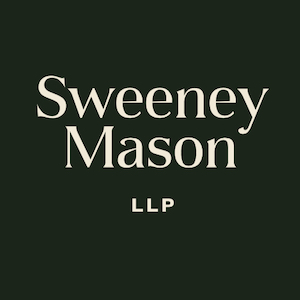Contractors New Law Regarding Private Works Contracts
By Bradley D. Bosomworth, Esq., Roger Mason, Esq., Christopher J. Olson, Esq., Scott A. Mangum, Esq., Rachel E. Brown, Esq., and William M. Kaufman, Esq.
The importance of carefully reviewing, or having counsel review, your California private construction subcontracts in 2018 cannot be overstated.
Contractors who have direct contracts with owners (“Direct Contractors”) now have expanded liability under California law. An action may now be brought against Direct Contractors for nonpayment of wages, fringe benefits, or health and welfare or pension fund contributions on private works. Previously, the law applied only to public works.
As of January 1, 2018, a Direct Contractor is now liable for its subcontractors’ failure to pay wages (any and all tiers) for private works construction contracts executed on or after January 1, 2018 (Civil Code Section 8018). A Direct Contractor (also referred to as a General Contractor or Prime Contractor) is responsible to pay its subcontractor’s wages and benefits if that subcontractor fails to pay such wages and benefits. (California Labor Code 218.7; otherwise known as AB 1701). The new law applies to all Direct Contractors who make or take a contract in California for the “erection, construction, alteration, repair of a building, structure.” They must assume and be liable for debts owed to a wage claimant, or a third-party acting on behalf of the wage claimant, by the contractor’s subcontractor. It applies only to unpaid wages, fringe benefits or other benefits of payment or contribution, including interest. It does not apply to penalties or liquidated damages.
The bill authorizes the Labor Commissioner to bring a civil action under Labor Code section 98 or 1197.1 to enforce a contractor’s liability under Labor Code 218.7. A third party who is owed fringe or other benefits and a joint labor-management cooperation committee (e.g., the FFC) is also authorized to bring a civil action to enforce a contractor’s liability under the law. If the action is brought by a joint labor-management cooperation committee, the prevailing plaintiff is entitled to its reasonable attorney’s fees and costs, including expert witness fees. However, prior to bringing the suit, the committee must provide thirty (30) days’ notice to the contractor.
Because Direct Contractors’ are subject to increased exposure to liability under this new law, they will attempt to mitigate some of those risks and protect themselves through additional subcontract language. Subcontractors must be fully aware and prepare to respond to these changes. The new law requires a subcontractor, upon a Direct Contractor’s request, to provide specified information regarding the subcontractor’s and third parties’ work on the project. Direct Contractors are now allowed to request that its Subcontractors provide payroll records with sufficient information to ensure that the Subcontractor is current on its payments for wage, fringe and other benefits. The law now specifically requires the Subcontractor to provide payroll records and information about its lower tier subcontractors, among other items, to the Direct Contractor to assure compliance. As a consequence, a Direct Contractor may withhold disputed sums upon the subcontractor’s failure to provide the requested information. “Disputed” is defined as “all sums owed”. Ultimately, these requirements may protect Direct Contractors from claims and prompt payment penalties for non-payment pursuant to Business and Professions Code Section 7108.5 and Civil Code Section 8818 if the Subcontractor does not provide the required payroll records and information about lower tier subcontractors or employees.
Whether your company is a licensed general contractor or subcontractor, if you are performing construction work on private projects, you MUST be aware of this new law and its potential consequences. If you have any specific questions or would like more details, please do not hesitate to call our office and one of our experienced construction or employment law attorneys will be happy to assist you.
The information provided in this issue of “Legal Notice” is general in nature and is not intended to answer every question that may arise under different fact situations and should not be relied on in the place of professional advice in a given case. If you have specific questions please contact Joseph M. Sweeney, Esq., Roger Mason, Esq. Christopher J. Olson, Esq. Scott A. Mangum, Esq. Rachel E. Brown, Esq., or William M. Kaufman, Esq.
SWEENEY, MASON, WILSON & BOSOMWORTH is a Professional Law Corporation located at 983 University Avenue, Suite 104C, Los Gatos, California, 95030, telephone (408) 356-3000. This “Legal Notice” is designed to assist our clients and other business owners in spotting issues which may result in costly litigation and court awarded damages if allowed to continue unaddressed.
SWEENEY, MASON, WILSON & BOSOMWORTH’s philosophy is that by educating our clients and other businesses about their legal obligations, including changes in the law, we best serve our legal goal of minimizing or preventing expensive litigation.

